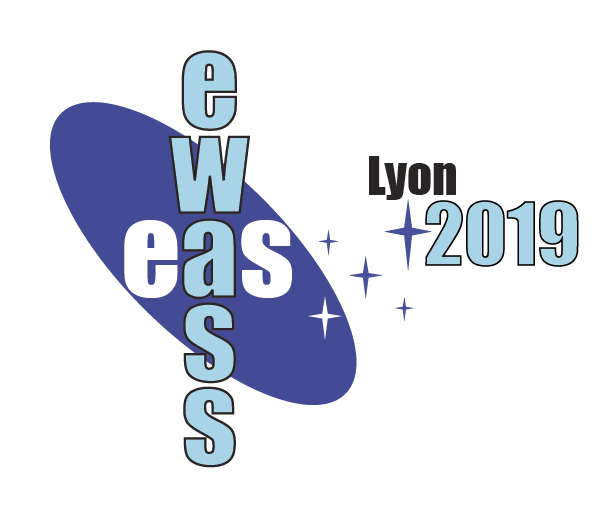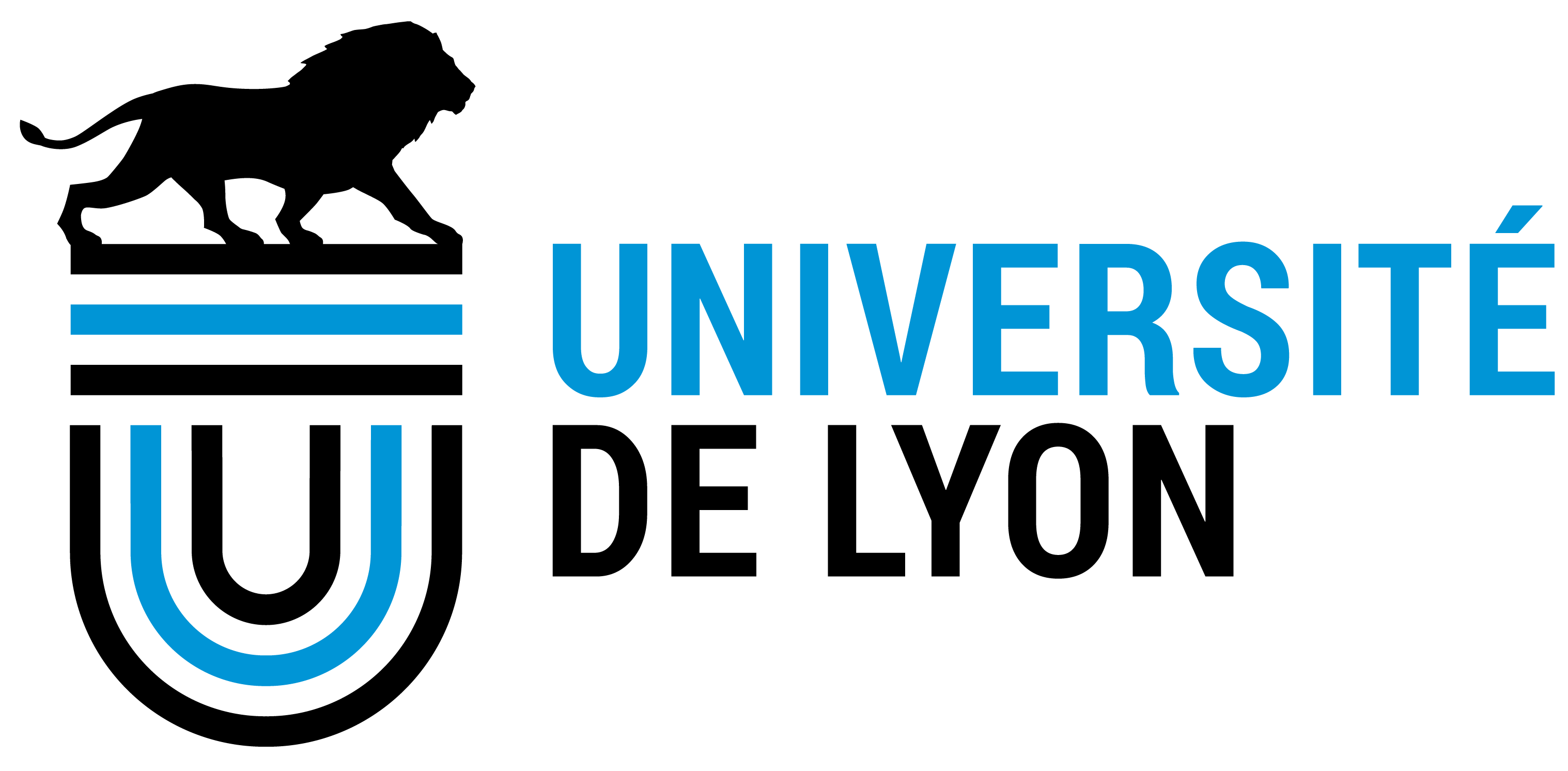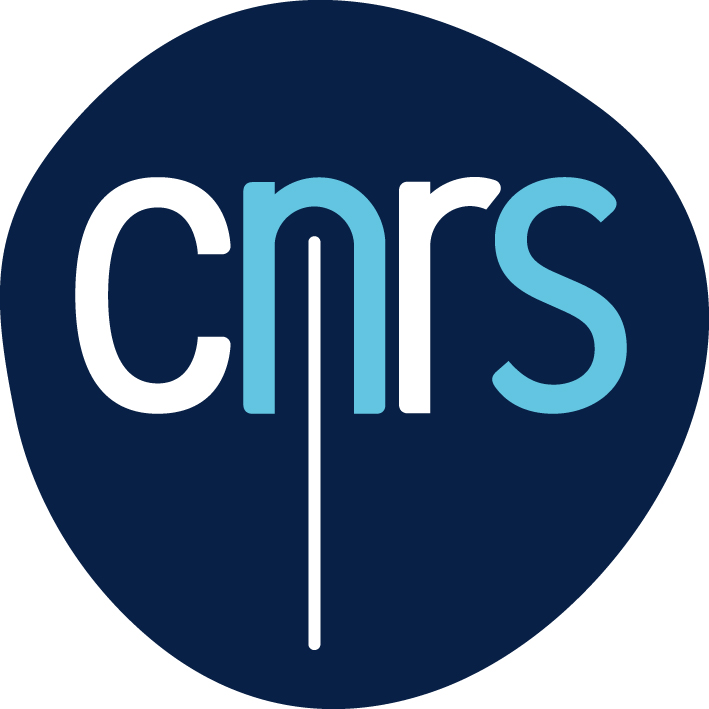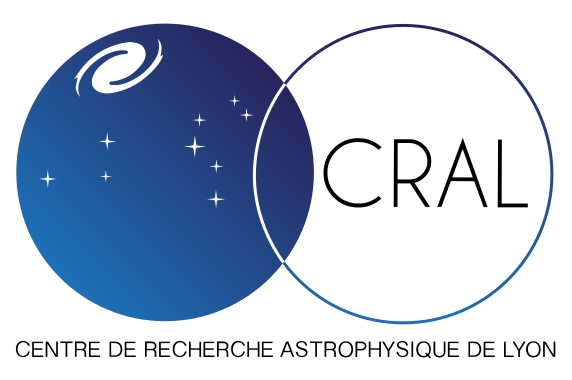Special Session SS2
28 June 2019
Star formation in the time domain
News:
- 29 November 2018: Webpage created
- 15 January 2019: Updated invited speaker list
Aims and scope
Star and planet formation is largely treated as a smooth, continuous process that sequentially
produces stars first, and at a later phase, planets. However this formation paradigm is
currently being under revision by both increasing volumes of data that allow to explore
star-formation in the time domain, along with sets of dynamical and chemical models which
demonstrate that the accretion and ejection of matter are highly variable and involve very
diverse timescales, possibly associated with different physical processes. Therefore more observables are need in order to bridge theory and observations, probing the
large span of time scales involved, as well as for providing stringent constraints on possible
thermochemical processes.
Possible synergies between current (Herschel, ALMA,
VLT) and future (JWST, SKA) observational facilities along with theoretical results need to be placed into context. Current high angular resolution observations (e.g. ALMA, VLT/SPHERE) present an enormous degree of complexity that is extremely difficult to interpret without substantial advances in 3D MHD and thermochemical codes. The interpretation of such data along with the influx from the anticipated future facilities will likely require significant revisions in the standard star-formation paradigm. Jets and outflows hold the keys as regulators of the feedback and non-steady processes in star formation. We believe that bringing together experts on theory and observations to discuss these topics and questions will be beneficial for the general understanding of the importance and impact of time-variable processes in star-formation.
The symposium will run over 3 blocks of 1.5 hours each, where the talks will organized in terms of topic and focus on commonalities (and differences) to further discussion and synergy between the communities.
Programme
- Sources of variability in star-formation: a theoretical perspective
- Observing variability in protostellar evolution
- Recent advancements and future directions
Invited speakers
- Joel Green (STScI)
- Doug Johnstone (NRC-Herzberg)
- Christian Rab (University of Groningen)
Scientific organisers
- Odysseas Dionatos (University of Vienna, chair)
- Magnus Persson (Chalmers University of Technology)
- Marc Audard (University of Geneva)
- Paula-Stella Teixeira (University of St. Andrews)
Contact
Odysseas Dionatos (odysseas.dionatos @ univie.ac.at)
Updated on Tue Jan 15 13:49:04 CET 2019
|

 A power cut will shut down all EAS services on Tuesday, 10 January 2017 starting at 7:30 CET.
A power cut will shut down all EAS services on Tuesday, 10 January 2017 starting at 7:30 CET.





